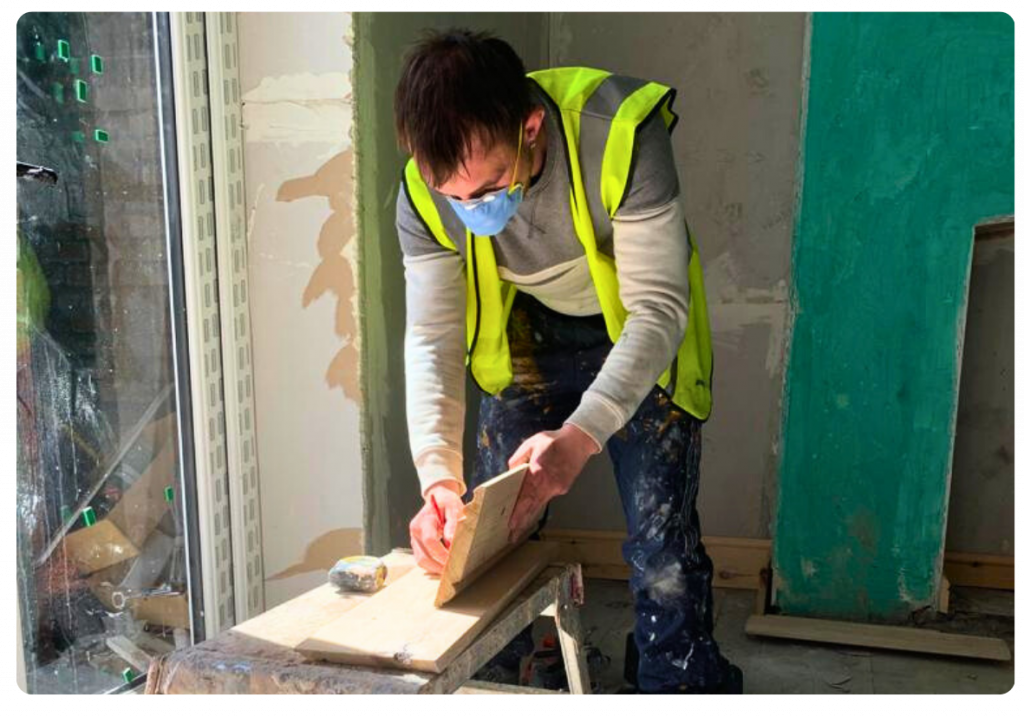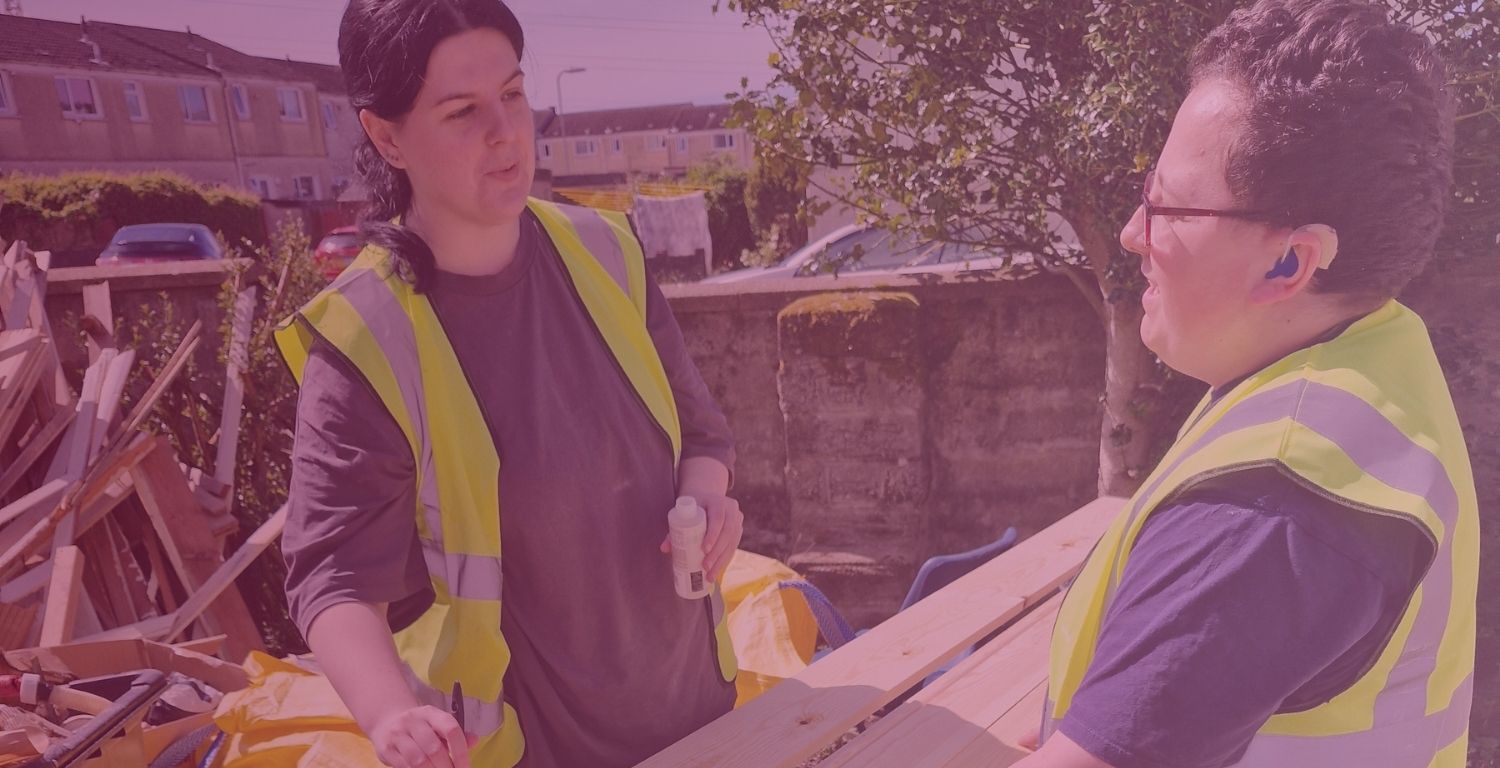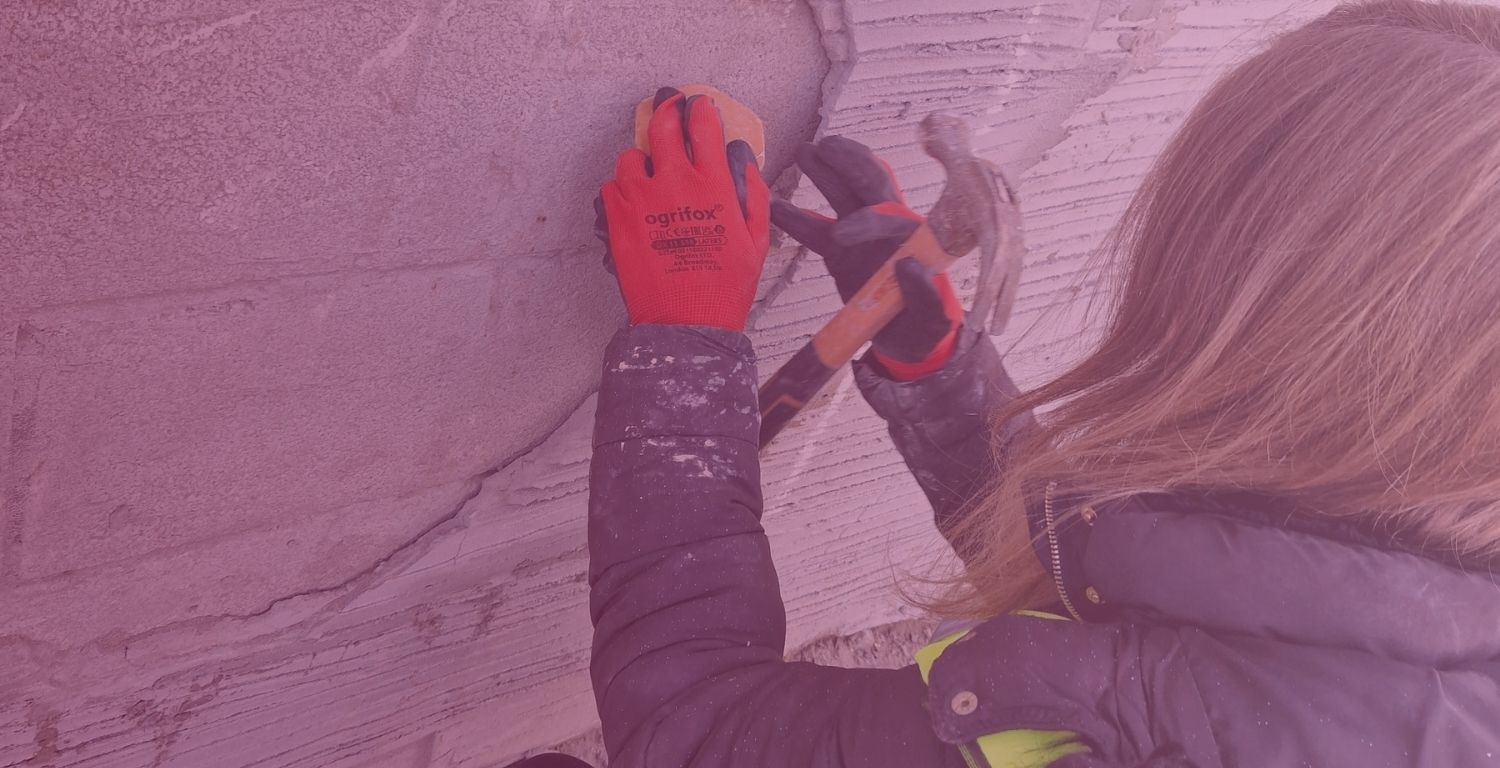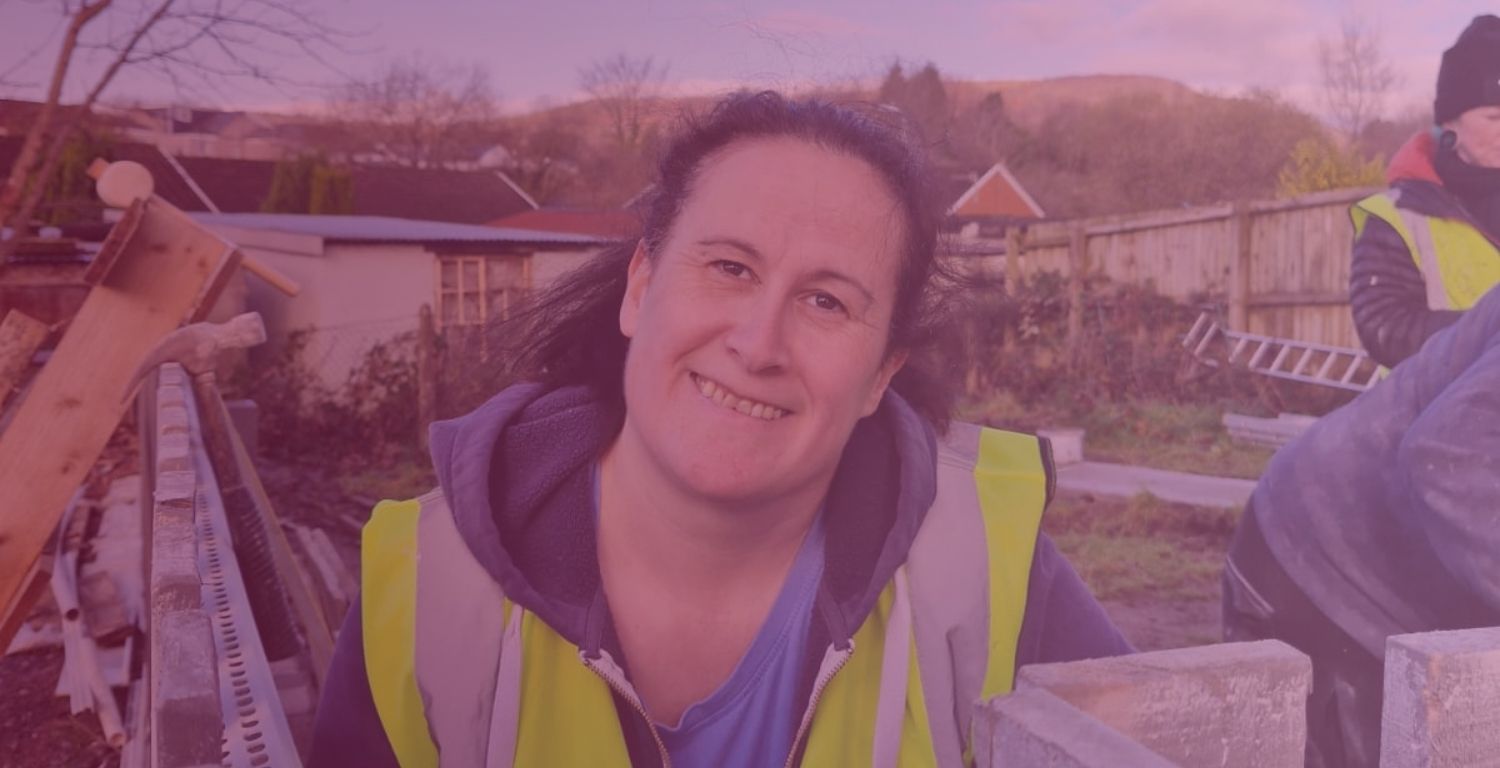Navigation
Is Home a Haven?
For many of us, home is a place where we feel most comfortable, a place to retreat away from the outside world and relax in a safe space. A place you can escape to after a chaotic school run or that social event that you didn’t actually want to go to.
More recently home has also become a calm, peaceful environment to work in. Away from the potential stresses of office environments and overcrowded commutes (not to mention being able to watch your favourite TV series during your lunch break).
For many of us, home is a sanctuary.
But what if it isn’t?
With approximately 1 in 10 people throughout the UK living in inadequate housing, this ‘haven’ is a significant mental burden for millions of people.
In this blog, we’ll talk about the often overlooked but profound impact that living in substandard conditions can have on wellbeing. And if you find yourself in this situation, we will explore solutions that can help you to tackle this issue.
The Mental Cost of Substandard Living
Poor living conditions aren’t just inconvenient or a source of discomfort. They have far-reaching implications that increase the risk of developing or exacerbating mental health issues, particularly depression and anxiety.
Poor living conditions can affect an individual’s mental wellbeing through the following factors:

Mind and Body Connection
Our minds and bodies are linked, so it’s no surprise that our physical health influences our mental health and vice versa. Living in spaces riddled with mould, poor sanitation or inadequate ventilation often comes with increased risk of developing respiratory conditions, cardiovascular diseases, and communicable illnesses. Consequently, prolonged physical illness impacts mental wellbeing, causing feelings of despair and increased stress and anxiety.
Social Isolation
As humans we are, for the most part, social creatures, and benefit from forming relationships. However, the stigma associated with living in substandard housing may cause feelings of shame and embarrassment for some individuals. This can in turn lead to social isolation and depression.
The Financial Burden
The cost of housing is a significant source of financial strain, from high rent or mortgage payments and high energy costs. This can leave little room to afford other essential expenses or to fund home improvements, creating a constant sense of worry or uncertainty, contributing to anxiety and depression.
These influences, exacerbated by poor mental health itself and can often leave individuals in a continuous cycle with little to no perceived alternatives.
But what can you do if you find yourself in this situation? Don’t worry, we’re here to help.
Taking Back Control - Helpful Resources
For several reasons, buying or renting a new home isn’t an option for everyone, from affordability to geographical or social ties. And while mental health is personal to everyone and may require more support than home improvements, we have compiled a list of actions you could take to help improve the quality of your home. Steps you can take towards improving your mental wellbeing, that don’t require you to uproot or break the bank.

1. DIY Home Improvements
The extent to which you can carry out DIY in your home may be limited by tenancy agreements and contracts. However, if you are in the position to be able to begin your own project, this can help to turn a stress-inducing property into a home you can be proud of.
Start small, identify the areas in your home that need improvement, such as fixing leaks, sealing drafts, or organising clutter.
Look for low-cost or free resources online to guide you through improvement projects, such as painting, minor repairs, or simple upgrades.
Even the smallest upgrades, whether it’s sealing cracks, investing in anti-mould sprays, or repainting that faded wall in your living room, can breathe life into your home and improve your wellbeing.
2. Join Community Projects
So your home is in need of more significant repairs, but if you’re a DIY novice, and contracting professionals isn’t an option, what then?
Learning how to make these improvements yourself through joining a community project means you can rejuvenate your home with little or no cost involved.
The Community Impact Initiative C.I.C provides individuals and communities with the opportunity to come together, gain skills and build their confidence through regenerating empty, inadequate properties into high-quality homes.
By joining a Cii project, you become part of a supportive community of like-minded people and learn transferable skills that you can apply at home. You will also play a key role in combating the housing crisis and providing more quality homes, making a positive change for others in your community.
Each project is completely free to join and with the guidance of highly qualified project tutors, you can learn skills that will transform your own space into a comfortable haven without the cost of hiring professionals. (You can also expect a free lunch on us!) Click here for more info about Cii projects.
Ensuring that physical spaces within the community are improved and maintained can instil a sense of pride within community members and reinforce relationships. So, getting involved in community projects like those at the Cii not only allows you to be a part of improving local properties but also have an active role in strengthening community relationships.
3. Know Your Rights
Being in an unstable tenancy or renting a substandard property can be a stressful and worrying prospect.
To have confidence in understanding your rights as a tenant, we would encourage you to stay informed about tenancy rights, including your protections against unsafe living conditions, and local housing codes and regulations.
Staying educated in these areas can help ensure that your landlord or housing body is maintaining a safe and habitable home and will empower you to request repairs or improvements.
You can access useful information about your rights as a tenant by clicking on the following:
Home is more than just a shelter, it is safety, comfort, and peace. Yet, for too many, inadequate housing pushes individuals and families into a cycle of stress, anxiety, and despair. The toll on mental health is profound and well understood, with poor living conditions causing or exacerbating mental health issues such as depression and anxiety. However, by taking proactive steps to improve living conditions, even with limited resources, it is possible to reclaim control over our environment and improve mental wellbeing. From DIY home improvements to joining community projects like Cii projects, and knowing your rights as a tenant, there is hope and actionable solutions available to help create a safer environment.
If you, or someone you know would like to get in touch and find out more about joining one of our projects, fill in the form below!





